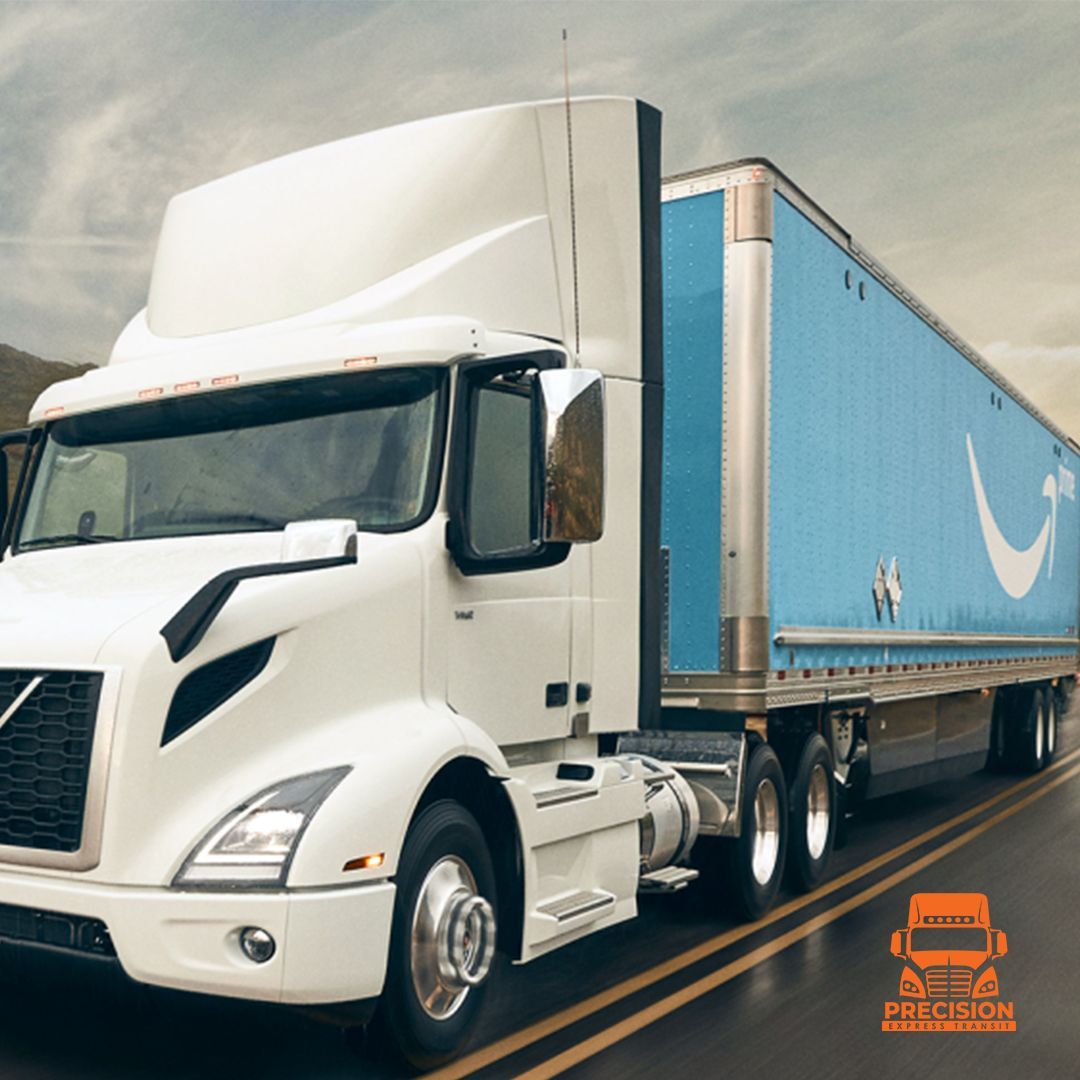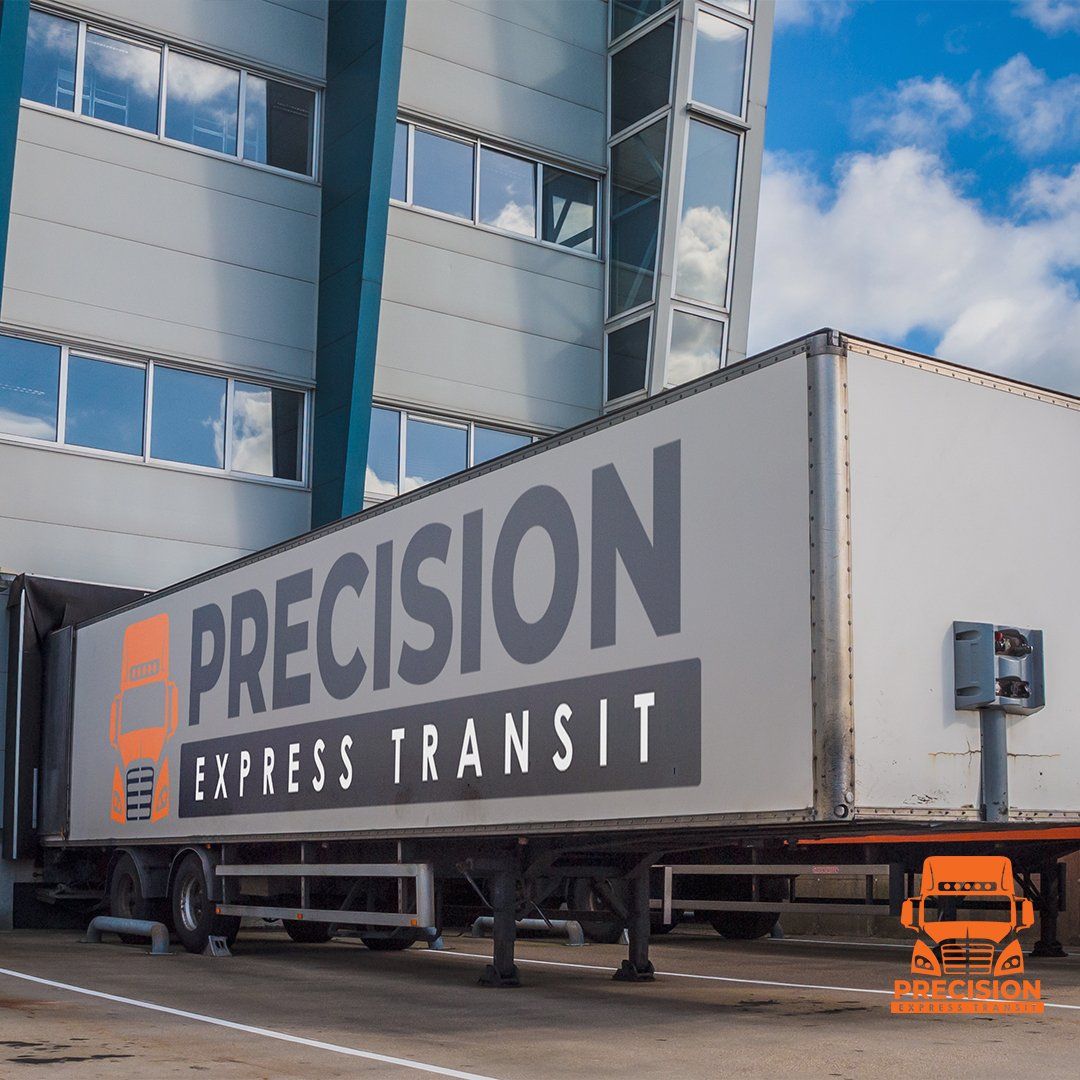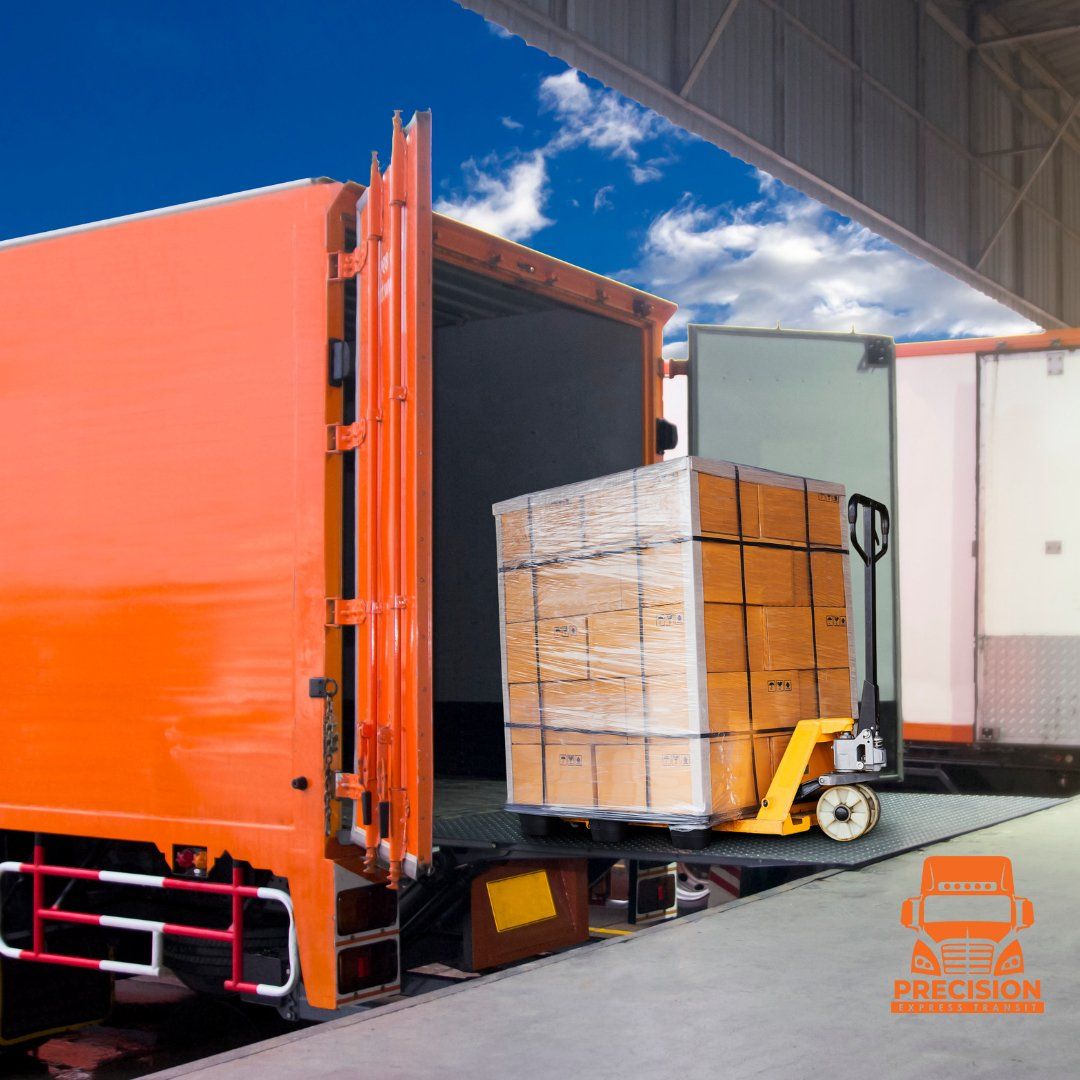What Does LTL Freight Mean, and How Can it Help You?
Transporting goods that don't require a full truckload is known as less-than-truckload (LTL) freight. These smaller freight loads frequently transport numerous distinct items on a single truck. LTL shipments typically weigh between 150 and 10,000 pounds and are organized on pallets.
LTL carriers are experts in optimizing their loads to move more items for more shippers more effectively. LTL shipping is popular among shippers because it provides flexibility, cost-effectiveness, and environmental friendliness. However, LTL transportation can be somewhat complicated.
This article discusses the advantages, disadvantages, and best practices of merging LTL freight shipments. But first, let's go through the basics of LTL freight shipment.
How does LTL Freight Work?
LTL freight shipments, in essence, combine partial loads to produce whole multi-stop truckloads, which is incredibly efficient. Shipping rates are determined by the amount of space required, the type of things being delivered, and the pickup and destination locations.
LTL freight can be delivered in three ways: normal, expedited, or guaranteed. LTL freight can also be sent using additional services. Lift gate pickup/delivery, inside pickup/delivery, residential pickup/delivery, and reweighing/reclassification are just a few of the services available. These services necessitate additional fees known as accessorial fees.
Benefits of LTL Shipping.
- Reduces Costs :
When you book an LTL shipment, you only pay for the portion of the used trailer. The other occupants of the trailer's space bear the remaining costs. - Increases Security :
Most LTL goods are palletized before being put onto a truck. Shipments with numerous smaller handling units have a better probability of being secure than shipments with a single well-packaged pallet. - Additional Service Options :
You receive access to specialized services such as lift gates and inside pickup and delivery when you ship LTL. - Tracking :
LTL carriers, for example, provide tracking capabilities via the bill of lading number, PRO number, PO number, cargo reference number, and pick-up date range.
Factors Influencing LTL Shipping Rates
- Location: The greater the distance, the greater the cost.
- Dimensions: The size and weight of the consignment aid in determining the freight class, which directly impacts charges.
- Mode: LTL shipments can be expedited, usually for an extra price.
- Type: A cargo requiring special handling or equipment (perishables, fragile, or dangerous materials) will almost certainly result in higher expenses.
LTL Freight's Difficulties
- Time :
As a compromise for flexibility and pricing, LTL freight may sacrifice expedience. Freight typically takes longer to arrive because each truck contains shipments from several companies traveling to multiple adjacent destinations. When using LTL freight as a shipping method, allow more time than you would for a typical truckload. - The capacity of the carrier:
In contrast to full truckload shipment, not all carriers provide LTL trucking/shipping. Finding a carrier willing to transport LTL at a reasonable price can be difficult. To overcome this obstacle, provide enough time to search for a carrier or utilize a free quote tool to find carriers that meet your service and cost requirements. - Specifics about the shipment:
LTL shipping necessitates attention to detail. Freight class, weight, pickup and destination locations, deadline, and so on all influence the amount your company spends on LTL freight. When determining the logistics of your LTL shipments, pay close attention to all specifics to obtain the best price and service level possible.
How to Optimally Manage Your LTL Freight
It's a logistical issue that practically every shipper faces: how to efficiently route freight that exceeds six pallets but does not require a full truckload. Due to the empty space, a full truckload service may only be environmentally beneficial if you have a full load to send. This is where freight consolidators can help the supply chain add value and efficiency.
Shippers can reduce costs and emissions by consolidating their freight. Consolidate shipments into full truckload shipments using LTL to take advantage of transportation networks and freight volumes.
Conclusion
LTL freight shipping should be considered a viable logistics option by your company. LTL freight can be extremely efficient and cost-effective depending on your organization and your most common shipment types. Stay informed about how the LTL industry works and how it can benefit you to maximize the impact of your LTL shipments. Having this information on hand aids in determining the next steps you can take to maximize the benefits of LTL freight.
ABOUT PRECISION EXPRESS TRANSIT LLC
Precision Express Transit is a nationwide Carrier Services Provider and Freight Transportation Company. The company was formed as a result of working 20 years in the logistics industry as an award-winning Fortune 500 Commercial Company Driver and recognizing there was a need for reliable and customizable Freight Delivery Partnership options, as well as a need to provide Owner Operators with premier Nationwide Concierge Dispatch Services with top earning potential to help take businesses to the next level of ROI (Return on Investment). We have combined our experience in this industry with our passion for providing top-notch customer service to offer unparalleled solutions.
To get more information about our services, please get in touch with us online or call us at +1 615-908-7558










